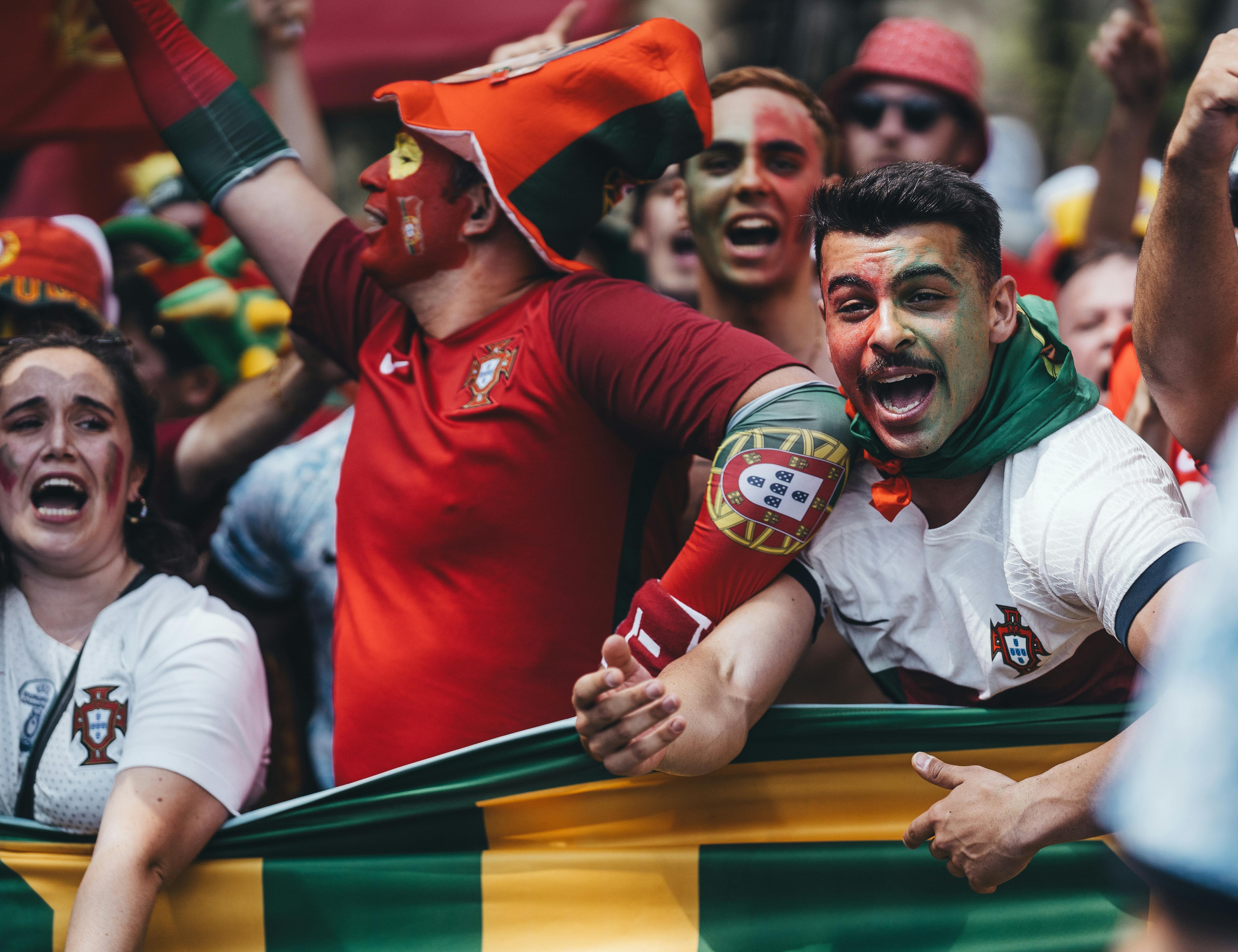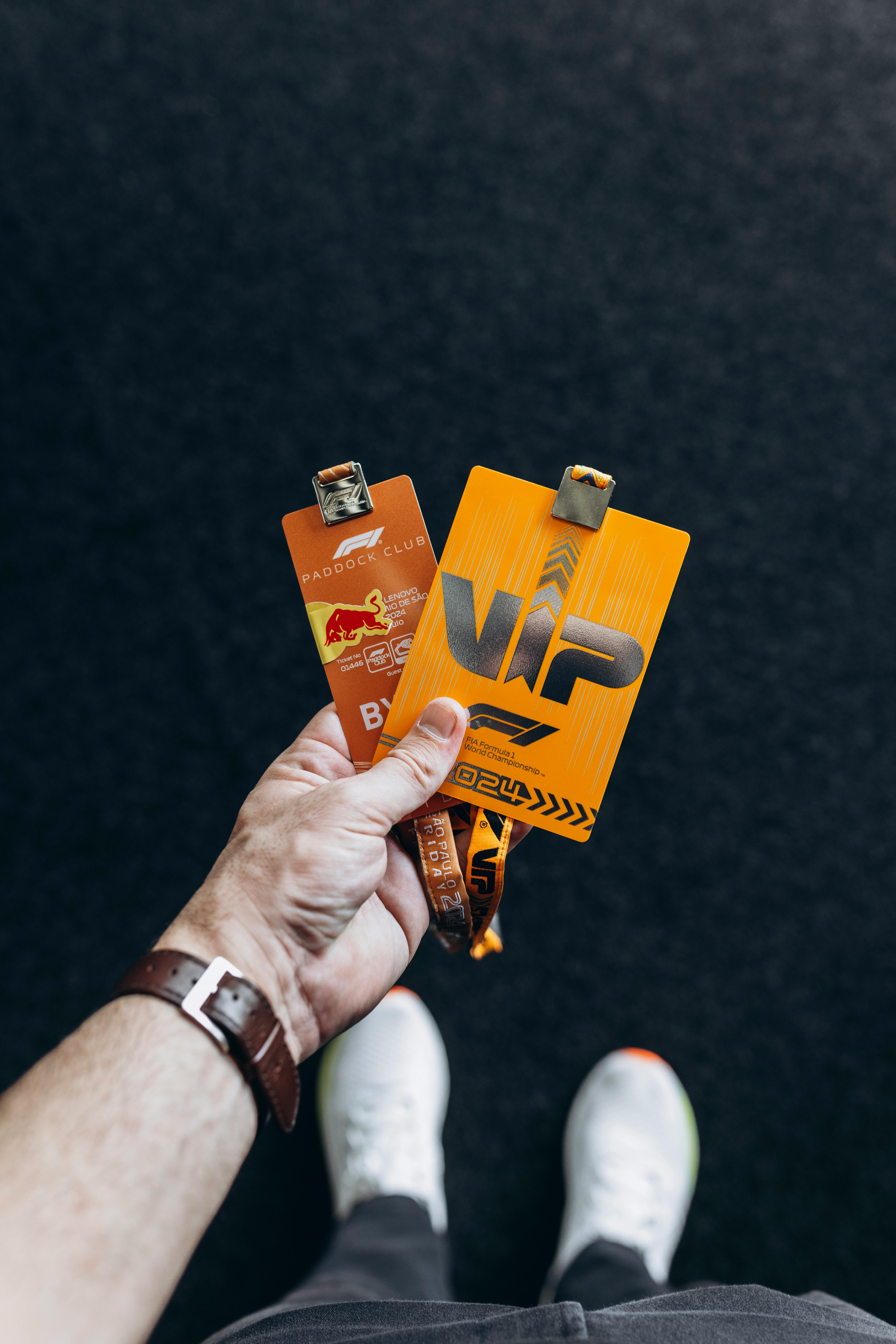Introduction: Beyond Muscles and Medals
When we think of elite athletes, we picture strength, speed, and skill. But beneath the trophies and highlight reels lies the real battlefield: the mind.
- How do athletes control fear before a penalty shootout?
- Why do some crumble under pressure while others rise higher?
- And in an era where mental health is finally part of the conversation—are we rewriting what it means to be an athlete?
Sport is no longer just about physical dominance. It’s about mental resilience, vulnerability, and psychology. And that shift is changing everything—from how we coach athletes to how fans perceive greatness.
Pressure: The Invisible Opponent
Pressure is the one opponent every athlete faces, no matter the sport.
- Penalty shootouts, final laps, championship points—moments where a career can be defined in seconds.
- Some call it “clutch.” Psychologists call it performance under pressure.
- Athletes train bodies for years—but how do you train the mind not to betray you when it matters most?
Sports psychology shows us that pressure isn’t the enemy—it’s the trigger. Those who thrive don’t ignore it; they reframe it as fuel.
Question: Is greatness natural talent—or the ability to stay calm when the world demands chaos?
Failure: The Silent Teacher
Every athlete loses. The difference between icons and forgotten names is how they deal with it.
- Serena Williams has said she learned more from losses than from victories.
- Michael Jordan famously missed 9,000 shots in his career—but calls those failures the reason for his success.
- Modern sports psychology frames failure not as shame—but as data, feedback, and foundation for resilience.
Question: Do fans love winners—or do they secretly admire those who get back up after devastating defeat?
Fame: The Double-Edged Sword
Success brings glory—but also pressure. Today’s athletes are not just players; they’re global brands.
- Social media spotlight: Every mistake magnified, every win immortalized.
- Commercial demands: Sponsorships, media, appearances—mental load beyond the game itself.
- Isolation behind success: Fame can feel like victory and prison at once.
Athletes are learning that managing fame is as critical as training quads or lungs. And sports psychologists are now part of the coaching staff, helping them balance identity with performance.
Question: Are athletes performers for fans—or humans trying to survive in a spotlight they never asked for?
Mental Health: Breaking the Silence
For decades, athletes were told: “Be tough. Don’t crack.” But the last few years have changed the game.
- Simone Biles stepped back from the Olympics to protect her mental health.
- Naomi Osaka challenged the media circus by prioritizing her wellbeing.
- Entire clubs now employ mental performance coaches alongside fitness trainers.
This shift proves that mental health in sports is no longer weakness—it’s strength.
Question: Is vulnerability the new form of courage in elite sport?
Lessons for Business and Life
The psychology of athletes doesn’t stop at the stadium. Their battles mirror ours:
- Facing pressure in boardrooms, exams, and personal milestones.
- Learning from failure when deals collapse or careers stall.
- Managing identity in a world that demands performance 24/7.
What if sports psychology isn’t just for athletes—but the blueprint for thriving in modern life?
Conclusion: Redefining Greatness
The future of sport won’t be defined by who runs fastest or scores most. It will be defined by who can balance pressure, embrace failure, and survive fame without losing themselves.
The champions of tomorrow won’t just be athletes. They’ll be mental architects—building resilience, emotional intelligence, and authenticity.
For fans: it’s time to see athletes not as machines but as mirrors of our own struggles.
For brands: it’s a call to support mental health and authenticity as much as performance.
For agencies: it’s a reminder that the stories that resonate most aren’t about perfect winners—they’re about human resilience.
Greatness isn’t just about winning. It’s about mastering the mind when the world is watching.
At MAKELÊ, we understand that sport is more than results, it’s about the stories, struggles, and psychology that shape the game. Our experiences go beyond. We create platforms where fans, brands, and athletes connect with the human side of sport.






